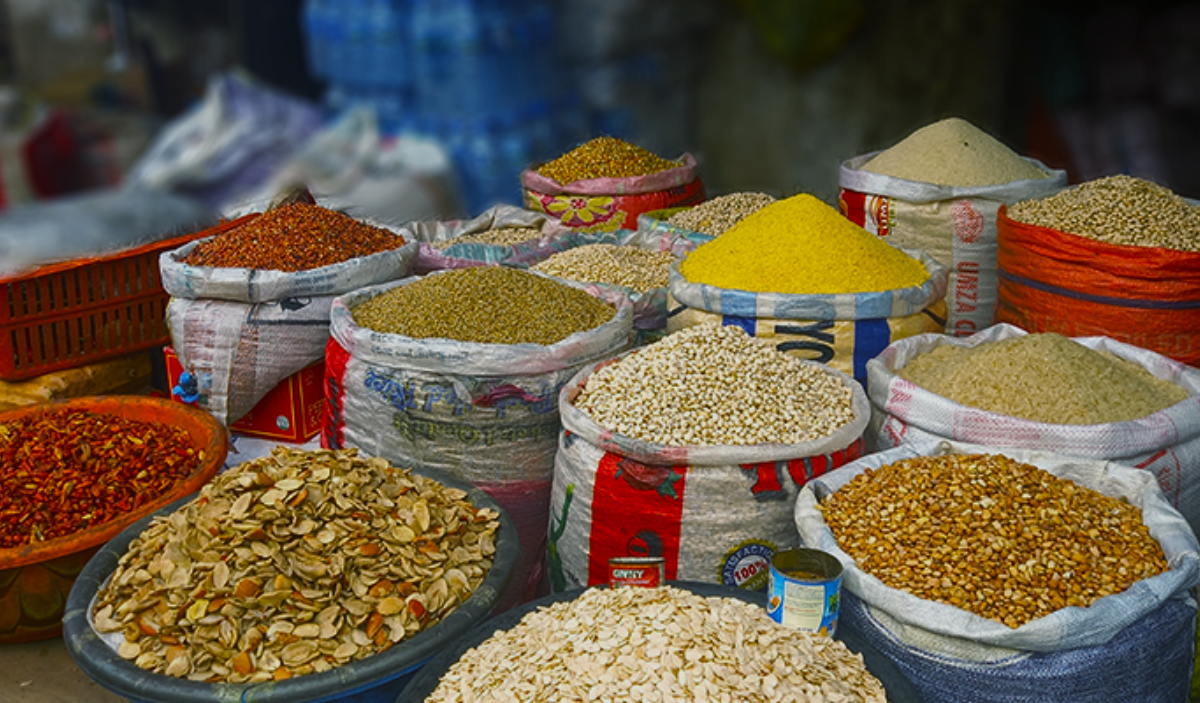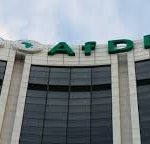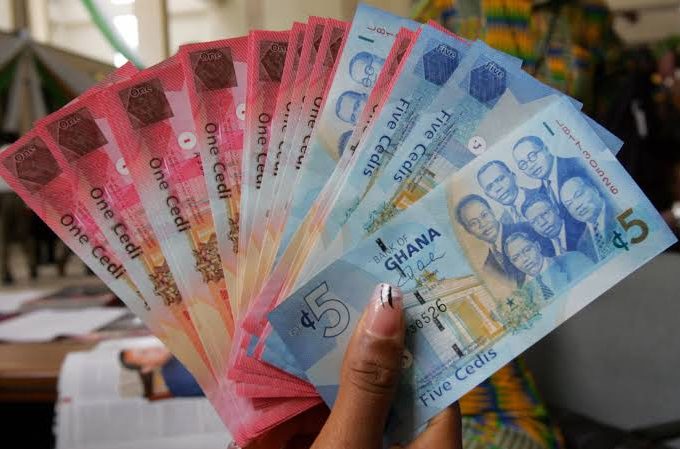
Nigeria’s inflation rate has surged to 33.95% in May 2024, up from 33.69% in April, according to the latest data from the National Bureau of Statistics (NBS). This marks a 0.26% increase from the previous month and a significant year-on-year rise of 11.54% from 22.41% in May 2023.
On a monthly basis, the inflation rate in May was 2.14%, slightly down from April’s 2.29%, indicating a slower rate of price increase compared to the previous month. However, the overall cost of living continues to rise.
Food inflation reached a year-on-year rate of 40.66% in May, a substantial increase from 24.82% in May 2023. Key contributors to this spike include price increases in staple foods such as Semovita, Oatflake, Yam flour, Garri, Beans, Palm Oil, Vegetable Oil, and various types of meat and fish. Despite this, the month-on-month food inflation rate dropped slightly to 2.28% from 2.50% in April.
“Like the month-on-month headline inflation, the month-on-month Food inflation rate in May 2024 was 2.28%, which also shows a decrease of 0.22% compared to the rate recorded in April 2024 (2.50%).
“The fall in the Food inflation on a Month-on-Month basis was caused by a fall in the rate of increase in the average prices of Palm Oil, Groundnut Oil (under Oil and Fats Class), Yam, Irish Potatoe, Cassava Tuber (under Potatoes, Yam & Other Tubers Class), Wine, Bournvita, Milo, Nescafe (under Coffee, Tea and Coco Class).
“The average annual rate of Food inflation for the twelve months ending May 2024 over the previous twelve-month average was 34.06%, which was a 10.41% points increase from the average annual rate of change recorded in May 2023 (23.65%)”, the report explained.
In response to soaring inflation, the Central Bank of Nigeria (CBN) has raised the interest rate by 150 basis points to 26.25%, marking the third consecutive increase aimed at controlling inflation.
The NBS report highlighted that the major contributors to headline inflation in May 2024 include Food and Non-Alcoholic Beverages, Housing, Water, Electricity, Gas, and Other Fuels, as well as Clothing and Footwear.
Read more: AfDB Launches Debt Managers’ Initiative as 13 African Nations Face Debt Distress
About The Author
Related Articles
Three Doctors Suspended as Medical Council Probes Death of Chimamanda Adichie’s Son
Nigeria’s medical regulatory authority has taken the rare and serious step of...
ByWest Africa WeeklyMarch 4, 2026Night Gunfire Near Presidential Palace Sparks Tension in Ouagadougou
Gunshots were heard late on the night of February 28 into March...
ByWest Africa WeeklyMarch 3, 2026Uganda to Start Domestic Gold Purchasing Programme to Boost Reserves
Uganda’s central bank has announced plans to launch a domestic gold buying...
ByWest Africa WeeklyMarch 3, 2026Ghana’s Cedi Expected to End 2026 Around GH¢12.85 to the Dollar
The Ghanaian cedi is projected to hold relatively steady against the United...
ByWest Africa WeeklyMarch 3, 2026












